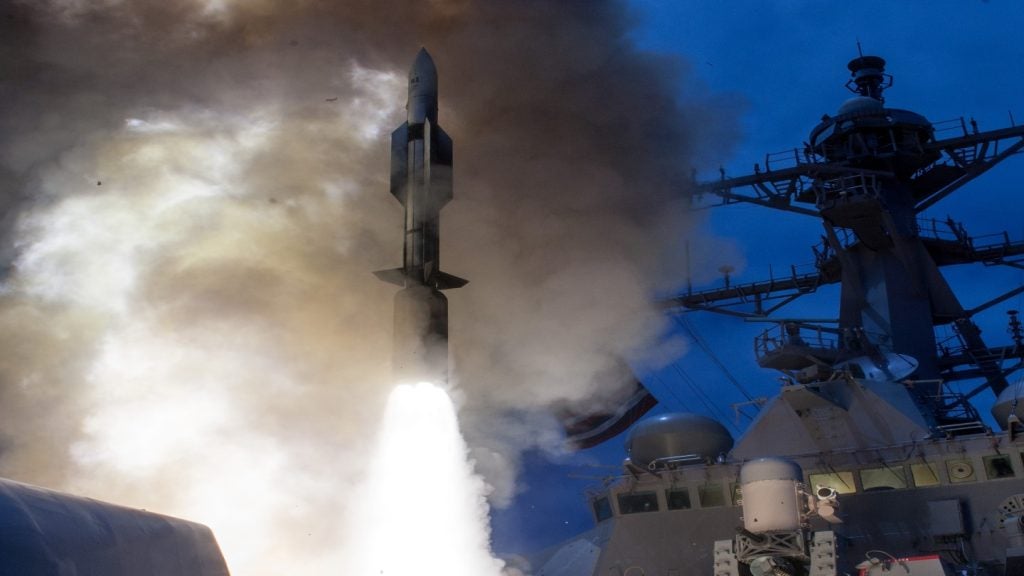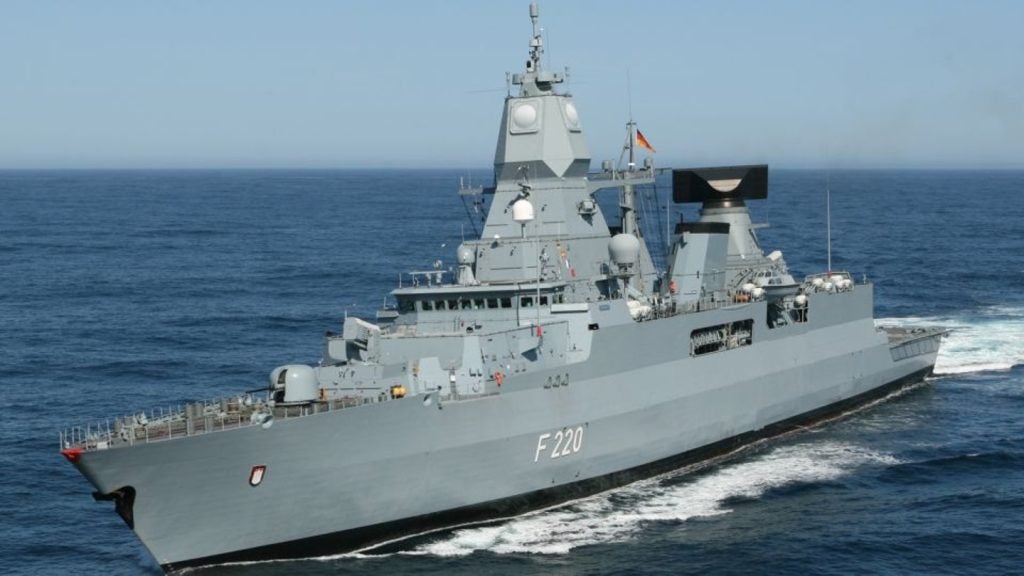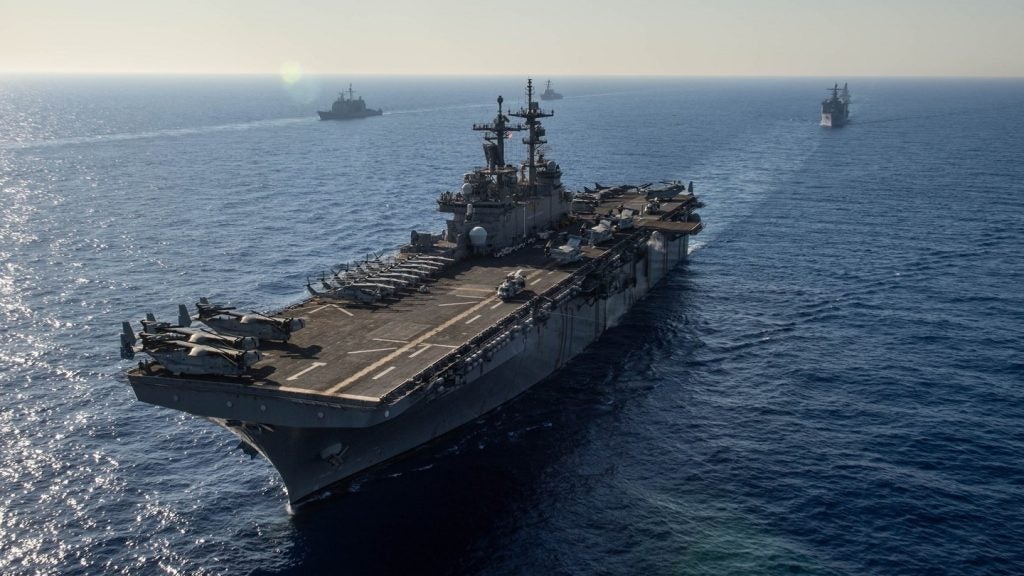Leidos has commenced operational testing of the US Navy’s first autonomous unmanned surface vessel, Sea Hunter, developed under the Defense Advanced Research Projects Agency (DARPA)'s Anti-Submarine Warfare Continuous Trail Unmanned Vessel (ACTUV) programme.
To be conducted off the coast of San Diego, US, the testing follows the successful completion of initial performance trials of the Sea Hunter in July of this year.
At-sea testing of the vessel’s sensors, mission control hardware and software, and the autonomy system is currently underway.
Leidos Advanced Solutions Group president Mike Chagnon said: "Sea Hunter is at the forefront of new autonomy technologies for the US military.
"The operational testing is designed to showcase the unprecedented capabilities that this type of unmanned vessel could offer our military forces."
Under a two-year test programme jointly funded by DARPA and the Office of Naval Research (ONR), Sea Hunter will execute a variety of missions to demonstrate its autonomy capability through autumn 2017.
How well do you really know your competitors?
Access the most comprehensive Company Profiles on the market, powered by GlobalData. Save hours of research. Gain competitive edge.

Thank you!
Your download email will arrive shortly
Not ready to buy yet? Download a free sample
We are confident about the unique quality of our Company Profiles. However, we want you to make the most beneficial decision for your business, so we offer a free sample that you can download by submitting the below form
By GlobalDataDuring initial performance trials, the vessel demonstrated its autonomous capability by conducting an unmanned multi-waypoint mission.
Leidos has also completed testing of the ship’s Remote Supervisory Control Station (RSCS), which is designed to allow remote supervisory control of the vessel and assign new mission tasking remotely, either afloat or ashore.
The completion of the RSCS test marked the beginning of more extensive autonomous operations.
In 2012, Leidos received a $59m contract from DARPA to design, build and test the ACTUV prototype through four phases.
The 132ft-long trimaran vessel features a modular design that allows the integration of flexible mission payloads making it suitable for a range of tasks.
The ACTUV can operate in a range of maritime climates, and its hardware and software allows the vehicle to operate safely near manned maritime vessels in all weather and traffic conditions, day or night.







